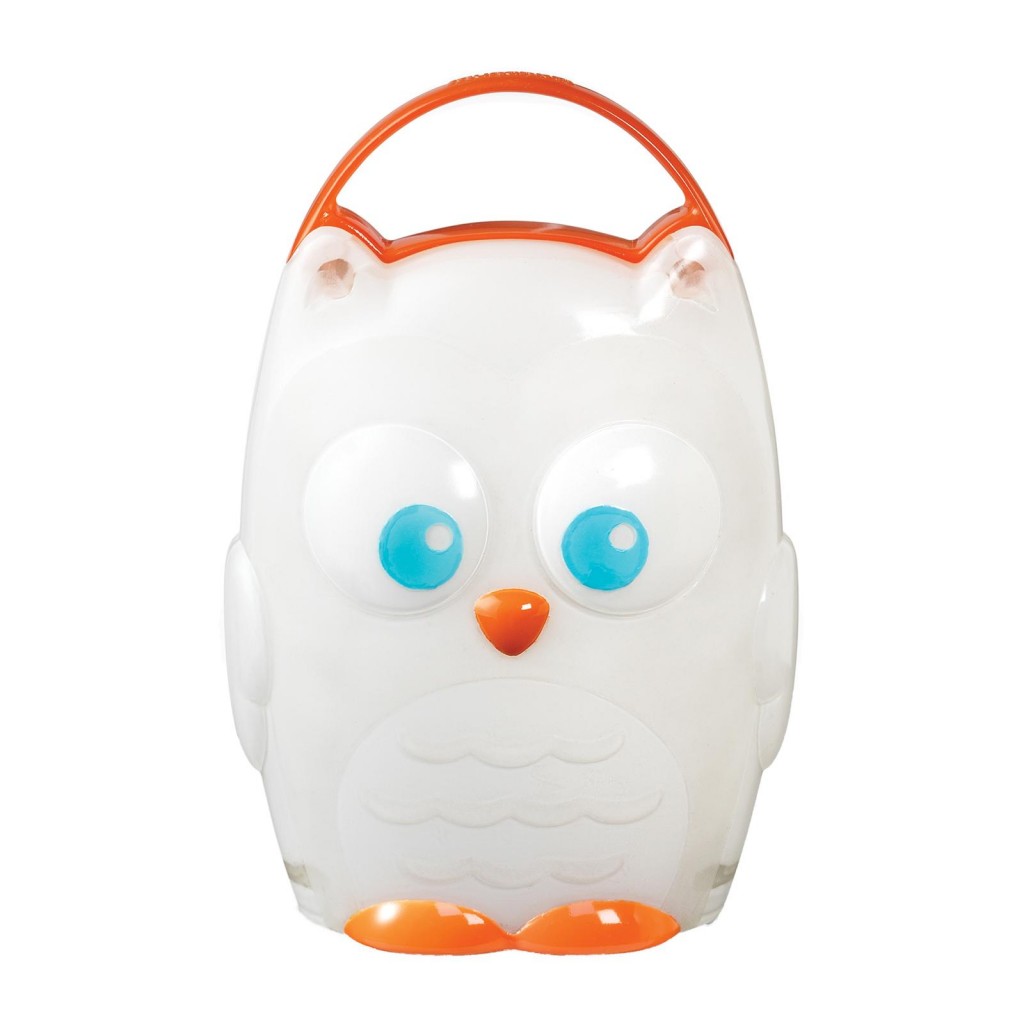Does your toddler have difficulty sleeping in the dark?
Toddlers may suddenly have a fear of the dark and it is likely because they are at an age when they start to have a sense of imagination but unable to differentiate between reality and fantasy. Things that they come across in storybooks or videos may become real to them, or their sense of imagination may make them fearful of what is underneath the bed or the shadow cast by a chair. Fear is a normal part of life, and the fear of the dark is common for children since night time is a time without distractions (giving imagination more time to run free).
Here are 12 tips to help your toddler overcome the fear of the dark!
#1 Acknowledge the fear
The fear of the dark, and the “monsters” that your toddler tells you about, may seem irrational to you. However, brushing it off or commenting that your toddler is silly, may make the child less likely to share with you his fears (which still remain). A more respectful way is to acknowledge the fear and adopt a supportive attitude to overcome this fear.
#2 Be a Detective on what triggers the (fearful) imagination
Observe what your toddler may have come across that fires up his imagination that it is scary at night. Is it a book that he has been reading? Is he watching a video with your older child about aliens that make him feel scared? Is there an event at home or in school that makes him feel scared? It helps to find out what your toddler has been exposed to, so that you can help to address (and remove) the source of fears.
#3 Do not add fuel to your child’s imagination!
Likewise, observe your speech as well as that of other family members and caregivers. Do not make statements like “the green monster will come and get you if you do not eat your peas!”. Some well-intentioned parent may help to fight off the “monster” when the child is scared, but that is also reinforcing the idea that the monster exists.
#4 Create a soothing bedtime routine
About one to two hours before bedtime, be sure that the activities are calming and joyful ones, not exciting or scary ones. Watching cartoons, or peek-a-boo are more appropriate as late morning activities, while reading a calming book or chatting with stuffed friends are more suitable for the evening.
#5 Avoid sugary foods and drinks before bedtime
While your toddler should not be consuming sugary foods and drinks at all, it is even more important not to do so before bedtime. Sugar may cause your toddler to be more awake and harder to fall asleep.
#6 Overcome the fear without sleeping with another family member
While a short-term solution for the night may be sleeping with you, or an older sibling, it is not a long-term solution. The fears may not go away after a night of sleepover, or even a week if the reason that your toddler feels fearful of the dark remains. It is better to be listen to what your child is saying about his fears and support him by working out a solution together.
#7 Empower your toddler
Ask your toddler what he needs to feel safe at night. If it is a night-light, blanket or stuff animal, you can get one together. If you are getting a night-light, get one which is safe and accessible to the toddler; it is also important to get one which does not have light shining right into your toddler’s eyes, thus one which can be turned downwards or away from the sleep area is better.
#8 Reward your toddler for his courage
You can also work out a reward system whereby every night of bravery earns a special reward, thus gradually boosting your toddler’s confidence. The rewards for toddler should be kept simple and visible, and easy to understand.

#9 Be in your toddler’s shoes
You can dim the lights at night time and try sleeping where your toddler normally sleeps. Is there any shadow or sound that may look scary or sound eerie? Sometimes, a certain shadow cast by a chair or decoration on a shelf, or certain sounds by the neighbor at time may be scary to the toddler.
#10 Have fun in the dark
You can try to get your toddler to enjoy having the room dark and playing with shadows – it is fun to make animal shadows or you can get a shadow flashlight with plastic covers that project different shapes and colors. Having fun in the dark can change what the dark means for your toddler.
#11 Schedule physical activity in the day
Another way to help your toddler sleep better is to schedule sufficient exercise in the late morning or early afternoon. Avoid going to bed too tired or sleeping too much during the afternoon.
#12 Read a book
Young children tend to relate better to storybooks. Well, you can try looking for books that could potentially help them to overcome their fear of the dark. Check out these two books “The owl who was afraid of the dark” by Jill Tomlinson or “Can’t you sleep, little bear” by Martin Waddell.
Gadgets for Bedtime
You can also explore the following gadgets, or similar items to help your toddler overcome the fear of the dark!

I. Cloud B Twilight Buddies
Picture adapted from Agabebaby
This is a plush toy that projects a starry night sky onto bedroom ceilings and walls, and available in nine different characters. Available from agabebabies.com for S$48.
II. Spoka LED Night Light
Picture taken from Ikea
IKEA has LED night light that can last up to 25,000 hours, and the light is dim enough not to interrupt your child’s sleep. Retails for S$24.90.

Decals
Picture taken from Agabebabies
Consider getting your toddlers glow in the night decals, such as this one from agapebabies.com for S$17.91

Munchkin Light my Way Night Light
Picture taken from Redmart
This battery-operated night light is portable light that shuts off after 20 minutes, available from pupsikstudio.com for S$25.90
While the fear of the dark is normal for young children, if you notice that your toddler show persistent difficulties in falling asleep, loud wailing and showing extreme or persistent nighttime fears, you should consider seeking treatment at the family clinic or hospital.










